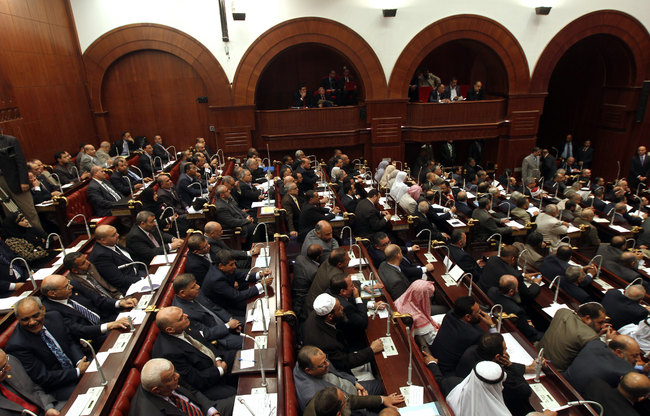The Sudanese crisis is approaching its fourth week, and everyone expects that there will be no real breakthrough between the parties. This is confirmed, of course, by the acceleration of Western and Arab countries in evacuating their citizens from Sudanese territory.
So far, neither of the two parties – the Sudanese army and the paramilitary Rapid Support Forces – has achieved complete control on the ground. What falls into the hands of the army in the morning is recaptured by Hamditi’s militia in the evening… and so is the situation there. The convergence in capabilities between the two groups increases the difficulty of decisiveness.
This is because just as the army possesses all its military weapons necessary to conduct open warfare, the RSF militia also possesses the experience and capabilities in managing urban warfare, which the militia has mastered since the former president’s regime used it in the war of extermination against the people of Darfur nearly 15 years ago.
This is the real reason for the difficulty of achieving a settlement on the ground in favour of one party, especially since both sides insist on applying the zero-sum equation, meaning that it is either all or nothing.
The current crisis is based on two aspects. The first aspect is the military aspect, which means the possibility of integrating the Rapid Support Forces militia into the Sudanese Armed Forces.
The second aspect is a political aspect related to the search for a role for the leaders of that militia after the merger process and the nature of the guarantees that will be provided to these leaders in order to avoid military trials for what is described as war crimes they committed against the Sudanese people, whether in Darfur or in Khartoum.
Of course, there is another aspect that is kept silent about it, which is related to the wealth of Sudan. This country is described as a food basket for all of Africa and the countries of the Middle East.
Also, had it not been for the secession of South Sudan, this country would have become number one in Africa in terms of exporting gold, and by the way, most of the gold mines in the north are located under the control of the Rapid Support Forces, according to the British Guardian newspaper.
In addition, the country has reserves of silver, nickel, and copper. This is, of course, in addition to oil, as Sudan is a passage for oil export pipelines coming from southern Sudan to Port Sudan.
There are many different conflicts in Sudan, and this includes ethnic, religious, political, and social conflicts. Since Sudan’s independence in 1956, the country has witnessed several conflicts, civil wars, and ongoing political and social ruptures.
Currently, Sudan is facing major challenges in areas such as the economy, health, and education, and this exacerbates the existing conflicts in the country. These conflicts include the conflict in Darfur since 2003, the conflict in the Blue Nile state and the southeast since 2011, the conflict of minorities in the northwest, and others.
It is not possible to be definitively certain about who will prevail in the ongoing conflict there. The situation in Sudan is complex and constantly changing, and there are several conflicts going on in the country. The outcome of the conflict is usually influenced by many different factors, such as military power, international support, available resources, international policies, and others.
There are many possible scenarios in Sudan, starting with the arbitration of the language of reason and placing the interest of the Sudanese people above all considerations, leading to the continuation of the conflict and entering into a comprehensive civil war, the extent of which only God knows. Unfortunately, all of these scenarios and others depend on the size of external interference, the nature of this intervention, and the extent to which it is linked to the interests of some regional countries and international powers that seek to extend their influence over this region, which is characterized by a unique and dangerous strategic specificity related to water before anything else. Although the conflicts in Sudan seem complex and difficult to analyze, dialogue, understanding, and joint action can lead to peace and stability in this country.
Dr. Hatem Sadek is a Professor at Helwan University



